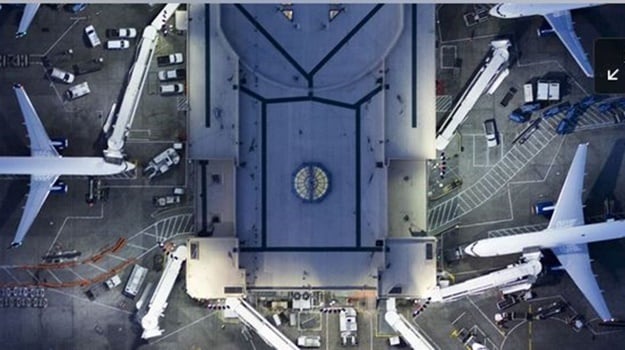
- In January 2021 there were 14 accidents reported to the SA Civil Aviation Authority, four of which were fatal.
- SACAA is concerned over what it regards as a recent spike in aircraft accidents.
- This prompted SACCA's CEO Poppy Khoza to wonder whether the causes were more related to "attitude and not necessarily aptitude".
The South African Civil Aviation Authority (SACAA) is sounding warning bells to all operators to ensure strict adherence to aviation safety and security regulations.
"It would appear that the general aviation sector has not fully adopted the safety principles that are applied in the commercial scheduled operations or airline sector, which has not recorded a passenger fatality airline accident in more than 30 years on South African soil," says SACAA CEO Poppy Khoza. "This is a record we are proud of and want the general aviation sector to emulate. A series of events usually lead to an accident."
SACAA, which reports to the Department of Transport and is tasked with civil aviation safety and security oversight, said on Thursday it is concerned over what it regards as a recent spike in aircraft accidents. This is South Africa being listed as among the top compliant countries on matters of aviation safety and security oversight and administration.
In January 2021, for example, 14 accidents were reported, four of which were fatal, claiming the lives of eight people.
Common causes
Investigations into the causes of the recent accidents are still ongoing, but a review of finalised reports from previous accidents points to a few common causal factors, according to SACAA. At the top of the list is "flight crew", followed by "aircraft operations" and then "mechanical or engine failure". These are all usually the causes of accidents in the industry in general.
The last time South Africa's aviation industry experienced such a high number of accidents was in October 2008 when 20 accidents were recorded, resulting in eight fatal accidents that claimed 26 lives.
"While the accident rate is not currently at that level, it is quite concerning that we have had so many accidents in just one month," says Khoza. "With stringent regulations in place, coupled with layers of checks and balances, the expectation is that the measures inherent in the system both safety and security, should work as they are supposed to."
She points out that air transport still remains the safest among all modes of transport.
'Attitude, not aptitude'
Khoza wonders whether the reasons leading to accidents could perhaps be a matter of "attitude and not necessarily aptitude". For example, a recent a video seems to be of a Robinson R22 helicopter "flying recklessly in what appeared to be a show-off session by the pilot to friends on the ground, who were seemingly enjoying a braai and beverages".
"A regulation enforcement investigation is under way regarding this incident. The manner in which the helicopter is flown goes against all characteristics of good airmanship, and possibly also against flight operations law and aircraft limitations," explains Khoza.
A few months ago, the General Aviation Safety Strategy (GASS) was launched for the 2020/21 to 2024/25 financial years. It is aimed at curbing accidents in the private and recreational flying sector.
In the view of Leon Dillman, CEO of the Commercial Aviation Association of Southern Africa, he would not make conclusions just based on one month's data.
"I am happy that SACAA is investigating the accidents and if the trend continues for a few months more, then I would think we need to take a serious look into the core of the incidents," he commented.
Many factors to take into account
He also pointed out that there are many factors to take into account when an accident occurred, and one cannot just assume it is due to the pilot having the wrong attitude.
"We have had some weird, inconsistent and unstable weather conditions across the country recently. Furthermore, due to Covid-19 lockdowns, maybe some pilots did not get the amount of exposure they used to get during 'normal times'. One month's stats cannot really lead to an indication of anything. That is a very wide statement by SACAA to make," reckons Dillman.
